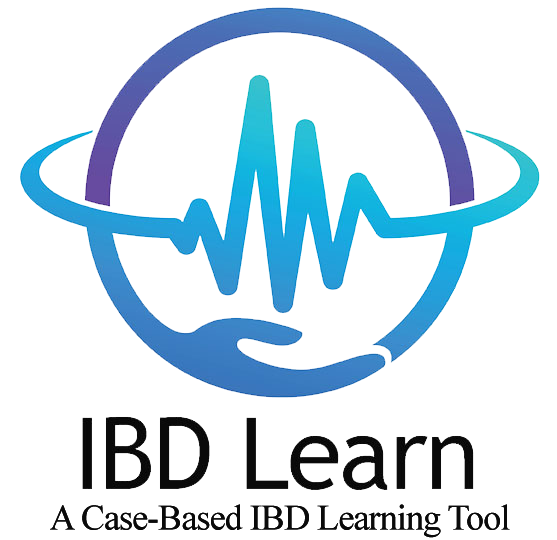Case 19.4
You diagnose her with essential fatty acid deficiency based on lab results showing normal zinc, vitamin A, vitamin C, carnitine levels but an elevated triene:tetraene ratio. You increase the lipid calories to ensure that at least 10% of total calories are coming from polyunsaturated fats, and 2-4% from linoleic acid. Her scaly skin improves.
Six months later, as a result of these complications, the patient decides she is ready to start the teduglutide in an attempt to reduce her dependence on parenteral nutrition, however she wants to know more about the side effects of this medication.
She undergoes colonoscopy to identify and remove any colon polyps prior to initiating teduglutide. With the initiation of teduglutide, she is able to reduce the number of days she requires TPN to 4 days per week, and lipids to 2 days per week, however two years later, her liver enzymes still have not normalized, and you are concerned her liver disease has progressed. You perform a liver biopsy, which shows signs of cholestasis and bridging fibrosis, consistent with PNALD. Imaging demonstrates an enlarged portal vein and spleen concerning for portal hypertension. You discuss with her that she might be a candidate for intestinal transplant in combination with liver transplant.
